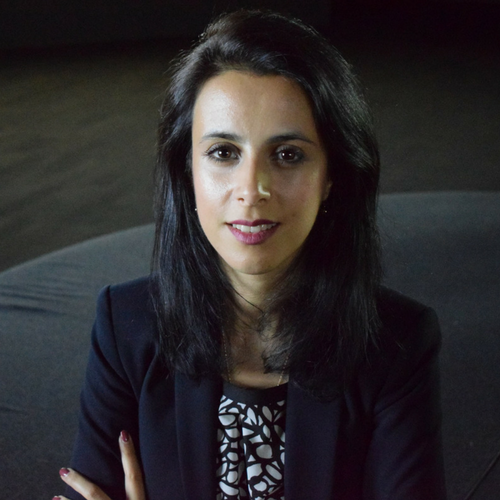“If you want to live a life filled with regret, base your decisions solely on what you can measure.”
When we are faced with a difficult decision – whether it is quitting our job, giving a second chance to someone we hold dear, or moving far away from home – we tend to look outward for answers as if someone is going to serve them to us on a silver platter. We call friends and family members seeking their advice and then we ask them one lethal question: “What would you do if you were in my shoes?”
But here is the thing: they are not you and never will be.
No one on earth will know the facts of your situation as well as you do. Friends are important, it is the family you did not pick they say, but some may be secretly envious of you. Even if they are not conscious of it, they might advise you based on their own shortcomings and flaws. Why? Because they are secretly terrified you might succeed and that would make them feel bad about their own situation.
Time and time again my clients explain to me why it took them so long to change their career and the main reason that keeps coming up is they shared their goals and aspirations too early with family and were met with negativity. Of course, I screamed! Families want to keep you where they feel you are going to be safe, but sometimes that safety zone is soul-crushing.
We live in a society that makes us sceptical of things like gut instinct and your sixth sense because they are not based on science and facts. If you want to live a life filled with regret, base your decisions solely on what you can measure. We need both the emotional and rational sides of our being. We need our brain, heart, and that tingling we feel under our oesophagus telling us if something feels right or wrong. If you decide with confidence and from your heart, then you will never regret your decision.
Many people believe in their rational judgment and that other people also behave rationally most of the time but according to Baba Shiv, a Professor at the Stanford Graduate School of Business. Shiv has researched the decision-making process extensively and discovered that 90 to 95 percent of our decisions are made instinctively versus rationally.” So why do so many of us believe in our own and others rationality? Shiv explains that when we decide based on our emotional mind the rational mind works overtime to find reasons to support what has already been decided. This explains why two people can come up with different decisions that each think is entirely rational.
Ultimately there is no such a thing as the perfect decision: no matter how much time you spend agonising over a decision, once you decide on a course of action you have zero control over the outcome. It is like being an actor working on a film. You may have invested all your time, energy, and talent into your performance but there is no controlling how the public is going to receive the movie.


